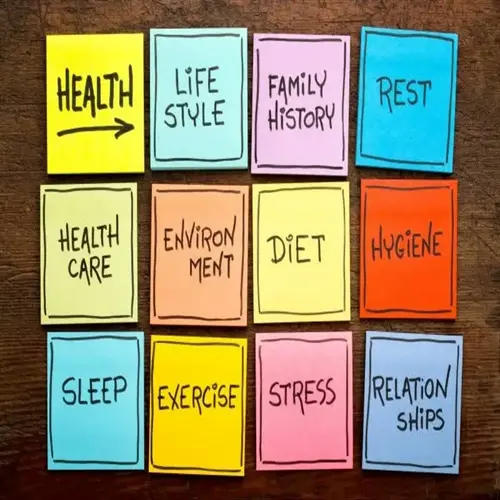Can essential oils replace medical treatments?

Written by
Tran Quang
Reviewed by
Prof. Benjamin Murphy, Ph.D.Aromatherapy essential oils enhance healthcare but do not replace medical care. They enhance well-being through stress relief and improvement of mood. Serious conditions must be diagnosed and treated by a physician. Please consult your physician before combining oils with medications. I learned this through interactions with a client.
Complementary Applications
- Use lavender to reduce pre-appointment anxiety
- Apply peppermint for headache relief between doses
- Diffuse citrus oils during recovery periods
- Combine with physical therapy routines
Dangerous Replacement Scenarios
- Never substitute oils for antibiotics in infections
- Avoid using oils instead of insulin for diabetes
- Cancer treatments require medical protocols
- Mental health conditions need professional therapy
Consultation Protocol
- Disclose all oil use to healthcare providers
- Ask about medication interaction risks
- Request allergy testing if uncertain
- Follow dosage adjustments recommended
Be aware of interaction danger between oils and medications. Grapefruit oil affects the absorption of cholesterol medications. Lavender interacts with sedatives. Blood thinners interact with cinnamon oil. Always inform doctors about your aromatherapy regimen. I tell my physician during my annual check-ups.
Recognize the limitations of evidence regarding essential oils. Clinical studies suggest the potential for stress relief; however, the clinical evidence for treating illnesses is limited. Use reliable peer-reviewed studies and not just anecdotal reports. I learned to refer clients to NIH studies when clients inquire about claims of healing cancer.
Foster collaborative methods with health care teams. Share how oils support your wellness. Inquire about safe, supportive practices. Track listened to symptoms along with oil use. I work with a naturopath who collaborates with my primary doctor to coordinate my care. This ensures holistic safety.
Read the full article: Aromatherapy Essential Oils: Benefits & Uses

